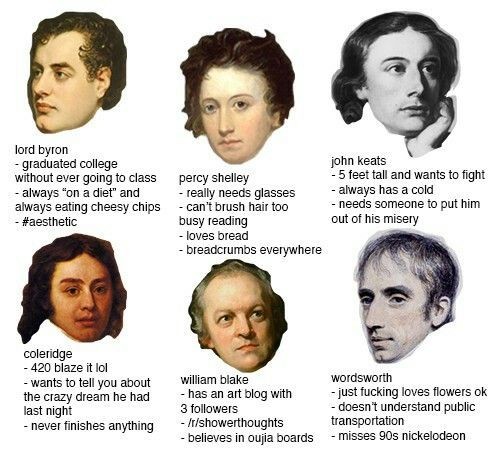Text
You know a piece of writing is good when, as a writer, you are jealous you didn't think of it first. Like you are full-on angry at yourself.
0 notes
Text
youtube
I've seen many interpretations of this poem, all of which do make sense. An example is the message of solidarity as used in Dead Poet's Society, taking the quotation that he 'took the road less traveled by' to be a message to go your own way. Another, how I initially interpreted it, was a message of regret as I took the 'sigh' not as a 'sigh' of relief but one of anguish that he will not 'ever come back'. I'm sure there are many other interpretations, which I'd love to hear about in the comments. In doubting my own interpretation, along with others, I came to a conclusion, a simple conclusion, but one nonetheless: The beauty of Frost's poetry comes from its balanced and ambiguous nature, Frost's meaning of the poem seems almost irrelevant. Take the 'sigh', which could insinuate relief, regret or just remembrance, we, the reader, are left to decide. That is the power of this poem and that is great art!
1 note
·
View note
Text

More about Owen in my previous post.
0 notes
Text
DAY 1 Introducing Poets: Wilfred Owen
The first poet of the day is a personal favourite mine and my favourite WW1 poet: Wilfred Owen.
Owen was born in 1893 in Oswestry, educated at Birkenhead Institute, and University of London before enlisting with the Artists' Rifles. He is famously known for his friendship, rumoured to be more, with the war poet and pacifist Siegfried Sassoon, whom he met whilst recovering from shell shock at Craiglockhart Hospital in Scotland (where he also met Graves, another famous war poet). His life was sadly cut short when Owen was killed only a week before the Armistice. His Poems were collected by Sassoon.
In the Preface of his Poems he states that 'Above all I am not concerned with Poetry. My subject is War, and the pity of War. The Poetry is in the pity.' And this powerful statement shows in his War poems; in the raw horrors in which he displays the war and ultimately its reality, free from the ideas of 'Noble Sacrifice' which had dominated early war poems, such as The Soldier by Rupert Brooke.
So, where do you begin with Wilfred Owen? You can read his collection of Poems from start to finish or start with these:
Dulce et Decorum Est
Disabled (That ending always makes me cry. When Owen met Graves he showed him this poem, with which Graves was greatly impressed. This meeting inspired Owen, who wrote six poems the following week including Dulce et Decorum Est)
Exposure
Anthem for Doomed Youth (The title of the poem was actually Sassoon's suggestion and there exists a draft in Owen's handwriting with his comment at the foot of the page: "With Sassoon's amendments")

I also greatly recommend Pat Barker's Regeneration Trilogy if you are interested in Sassoon and Owen's friendship. However, it focuses more on Sassoon (at least in the first book) and Psychologist Rivers but it is still a great read.
1 note
·
View note
Text
Learning John Keats was five feet tall has changed my brain chemistry forever

2K notes
·
View notes